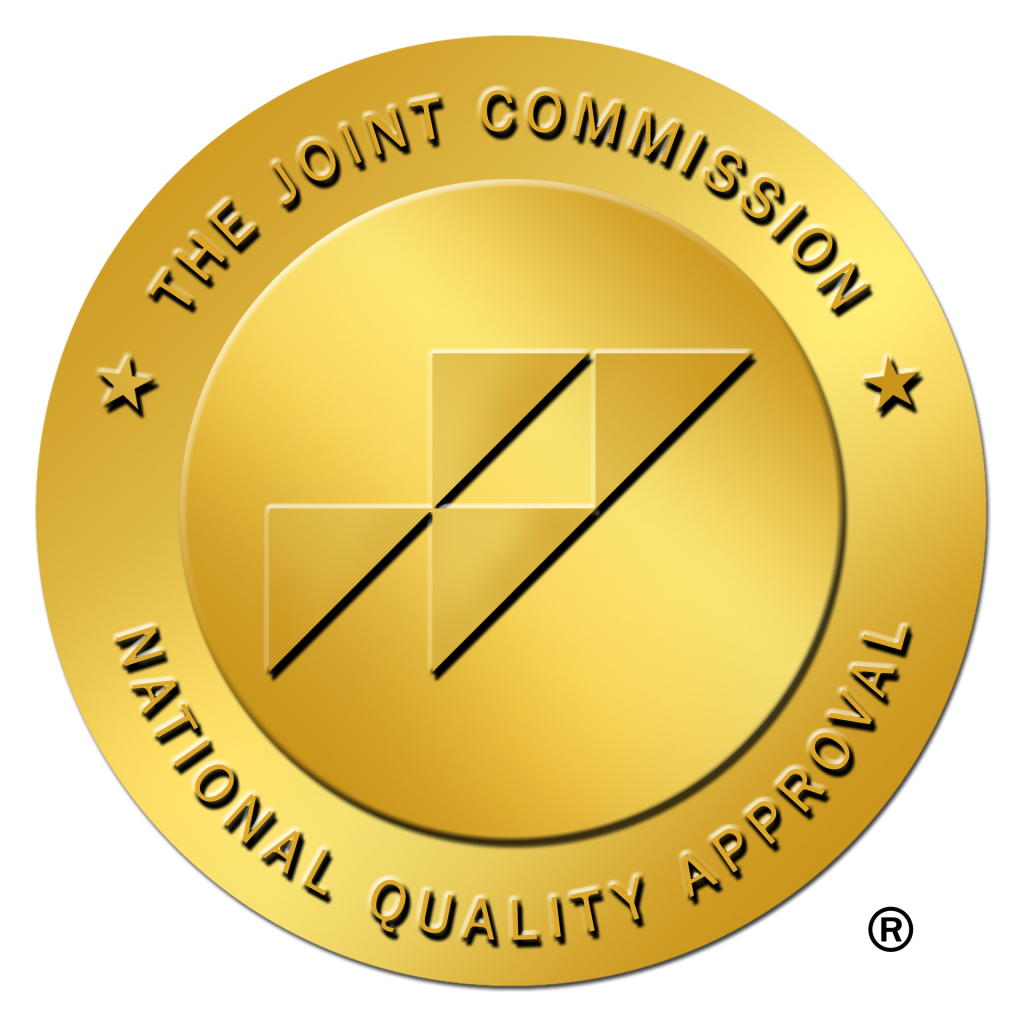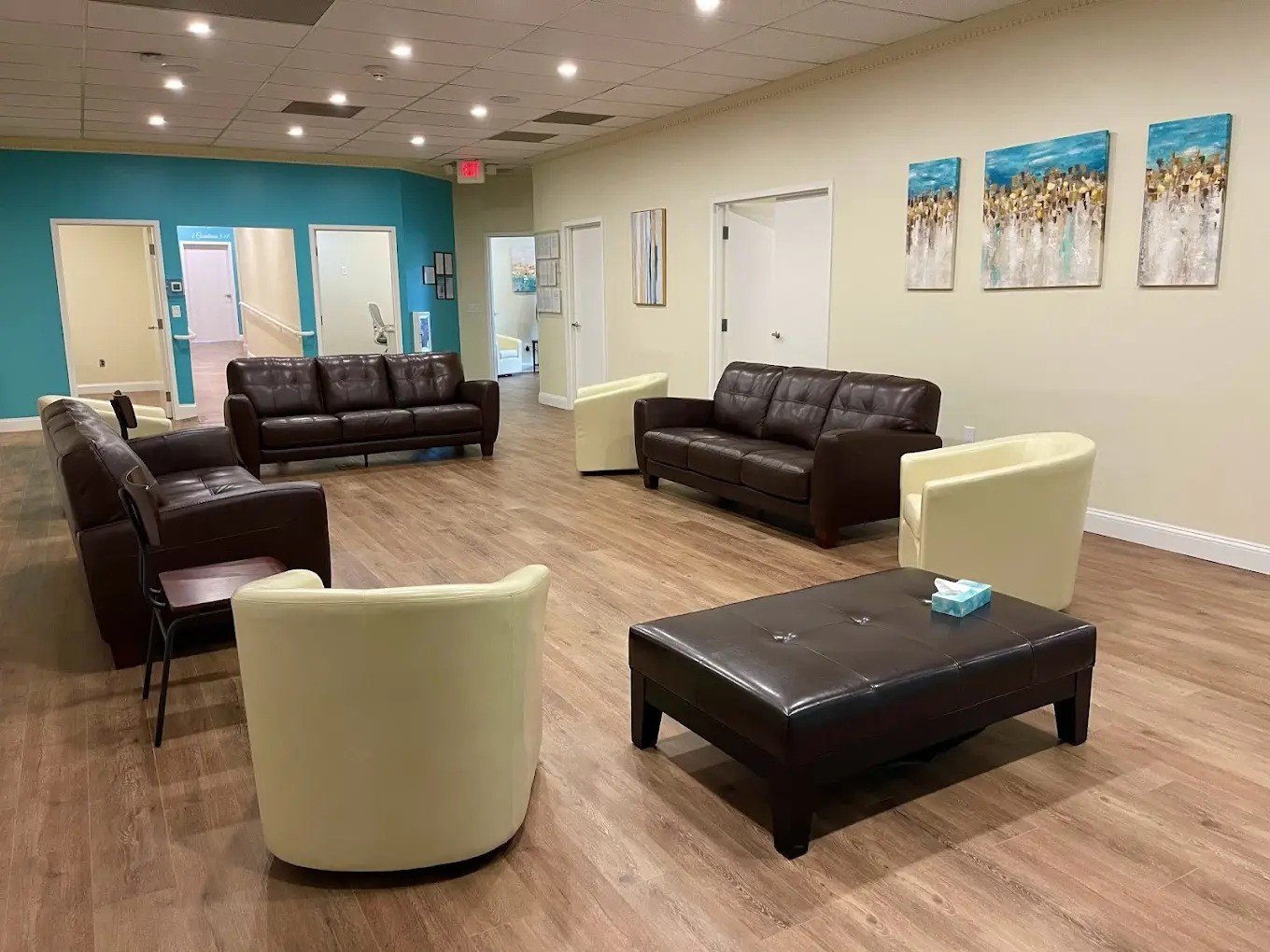Evidence Based Addiction Treatment Nj
Importance of Evidence-Based Addiction Treatment
In the realm of addiction recovery, evidence-based addiction treatment in NJ stands as a beacon of hope for individuals battling substance use disorders. This approach leverages scientific research and clinical evidence to develop treatment strategies that have proven efficacy. It prioritizes therapies and interventions that have undergone rigorous testing and evaluation to ensure they yield positive outcomes for patients.
Evidence-based treatment is not merely about applying generic solutions; it’s about tailoring approaches to fit the needs of individuals. This personalization takes into account the unique circumstances and co-occurring mental health conditions many face, offering a comprehensive path to recovery. By focusing on evidence-based methods, we can significantly improve the chances of achieving long-term sobriety.
Innovative Approaches in NJ Treatment Centers
New Jersey has emerged as a leader in implementing innovative strategies for addiction treatment, exemplifying the effectiveness of evidence-based addiction treatment NJ. Many centers, including New Chapter Recovery, integrate traditional therapies with creative interventions to enhance treatment outcomes. These include approaches like experiential therapy, animal-assisted therapy, and motivational interviewing.
Experiential therapy provides clients with opportunities to explore their thoughts and feelings through activities and experiences rather than traditional talk therapy. Animal-assisted therapy introduces trained animals into the recovery process, offering emotional support and helping reduce anxiety. Such innovative approaches are not only engaging, but they also empower individuals to tackle their addiction from multiple angles, ensuring a more holistic treatment experience.
Personalized Care and Treatment Plans
At the core of evidence-based addiction treatment NJ is the emphasis on personalized care and treatment plans. Recognizing that each individual’s journey through recovery is deeply personal, treatment centers like New Chapter Recovery take great strides in developing customized plans tailored to each patient’s unique needs. This includes a thorough assessment of their addiction history, mental health status, and any co-occurring disorders.
By creating personalized treatment plans, centers can incorporate a combination of therapies such as CBT, DBT, and ACT into an individual’s recovery strategy. This ensures that all aspects of a person’s well-being are addressed, from psychological and emotional to physical and social health. Personalized plans are crucial for facilitating meaningful progress toward long-term recovery goals.
Moreover, these plans provide individuals the flexibility to manage their work, school, and family responsibilities while undergoing treatment, making it a practical choice for many professionals and families.
Role of Family Support in Recovery
Family support plays a pivotal role in the success of evidence-based addiction treatment NJ. Addiction doesn’t only affect the individual but ripples through families, impacting relationships and dynamics. By involving family members in the recovery process, treatment centers can foster an environment of understanding and collaboration, vital for sustained recovery.
- Family therapy sessions help bridge communication gaps, allowing families to discuss concerns and support mechanisms.
- Education for family members about addiction and recovery can dispel myths and cultivate empathy and patience.
- Structured family involvement encourages accountability and provides a network of support, crucial for relapse prevention.
Ultimately, when families are integrated into the treatment process, it not only aids the individual in their recovery journey but also helps repair and strengthen family bonds.
Specialty Tracks and Services
New Jersey treatment centers like New Chapter Recovery offer an array of specialty tracks that cater to specific populations and needs, making evidence-based addiction treatment NJ adaptable and inclusive. Veterans, for instance, have access to programs that consider their unique experiences, such as trauma and PTSD, within a therapeutic framework.
Faith-based recovery programs provide spiritual guidance and support, recognizing the role faith plays in many individuals’ recovery journeys. These specialized tracks ensure that all aspects of an individual’s identity and experience are considered, promoting comprehensive healing and growth.
Dual Diagnosis and Co-Occurring Disorders
Addiction often intersects with mental health issues, necessitating a dual diagnosis approach. Evidence-based addiction treatment NJ incorporates dual diagnosis services to address both substance use disorders and co-occurring mental health conditions like depression, anxiety, or PTSD.
Trauma-informed clinical practices are employed to ensure that treatment is sensitive to the experiences that may have contributed to an individual’s addiction. By offering integrated care, these programs not only treat the symptoms of addiction but also the underlying mental health issues, providing a more comprehensive recovery path.
The Importance of Flexible Treatment Schedules
For many in New Jersey, the ability to access flexible treatment schedules is a game-changer in their recovery journey. Evidence-based addiction treatment NJ recognizes the need for flexibility, accommodating the diverse lifestyles and commitments of its clients. Programs such as Partial Hospitalization Program (PHP), Intensive Outpatient Program (IOP), and Outpatient Program (OP) provide various levels of care that clients can step down through as they progress.
Individuals balancing work, education, or family responsibilities can benefit from evening and weekend sessions, ensuring that recovery does not necessitate sacrificing other life commitments. This flexibility is particularly advantageous for professionals who require a treatment plan that works with, rather than disrupts, their careers.
Relapse Prevention and Long-Term Goal Setting
A crucial component of any evidence-based addiction treatment NJ is relapse prevention and the establishment of long-term goals. Treatment centers emphasize the importance of equipping clients with the tools and strategies necessary for maintaining sobriety post-treatment. This includes coping mechanisms for triggers, stress management techniques, and ongoing support networks.
- Structured relapse prevention groups help clients anticipate challenges and develop proactive strategies.
- Long-term goal setting encourages clients to envision a fulfilling life beyond addiction, with aspirations beyond immediate recovery.
- Regular follow-up sessions provide continued support and accountability, reinforcing the client’s commitment to their sobriety.
By focusing on these aspects, treatment centers empower individuals to navigate their recovery journey with confidence and resilience.
Embracing Community and Referral Networks
Successful recovery often relies on the strength of community and referral networks. Evidence-based addiction treatment NJ leverages community resources to bolster the recovery process by connecting clients to external support systems and aftercare services. These networks provide a safety net and ensure a seamless transition from treatment to daily life.
Through partnerships with other healthcare providers and community organizations, treatment centers enhance their ability to offer holistic care. This community-focused approach fosters a sense of belonging and shared purpose, crucial for sustaining long-term recovery and personal growth.
Understanding Evidence-Based Treatment in New Jersey
What makes evidence-based addiction treatment in New Jersey different from other approaches?
Evidence-based addiction treatment in New Jersey differs from other approaches primarily because it relies on scientific research and clinical evidence to guide treatment strategies. This means that the therapies and interventions used have been tested and proven effective through rigorous studies. Unlike more generic methods, evidence-based treatment is personalized, taking into account the unique circumstances of each individual, including any co-occurring mental health conditions. This personalized approach enhances the likelihood of achieving long-term sobriety. Do you think tailoring treatment plans could impact recovery outcomes positively? Share your thoughts below!
How do New Jersey treatment centers integrate innovative therapies in their programs?
In New Jersey, treatment centers like New Chapter Recovery integrate innovative therapies by combining traditional therapeutic approaches with creative interventions such as experiential and animal-assisted therapy. Experiential therapy offers clients the chance to engage in activities that help them process emotions, while animal-assisted therapy uses trained animals to provide emotional support, reducing anxiety and promoting healing. These innovative methods empower clients to address addiction from multiple angles, making the treatment process more engaging and potentially more effective. Are you familiar with any unconventional therapies that have worked well for addiction recovery?
Why is personalized care crucial in the context of addiction treatment in New Jersey?
Personalized care is vital in addiction treatment because each individual’s recovery journey is unique. By offering tailored treatment plans, New Jersey centers can address detailed aspects of a person’s well-being, from mental health to social situations. This involves a comprehensive assessment of one’s history and needs, allowing for the incorporation of specific therapies like cognitive behavioral therapy (CBT) or dialectical behavior therapy (DBT). Personalized plans also consider practical aspects, allowing clients to manage work, school, or family responsibilities while undergoing treatment. Why do you believe flexibility and personalization might contribute to better recovery outcomes?
How does family support influence the recovery process in New Jersey’s addiction treatment centers?
Family support is incredibly influential in the recovery process, as addiction often strains familial relationships. By involving families, New Jersey treatment centers can create an environment where understanding and collaboration thrive. Family therapy sessions and educational programs help bridge communication gaps, dispelling myths about addiction and fostering empathy. This involvement not only supports the individual in treatment but also helps repair and strengthen family bonds, crucial for relapse prevention and long-term success. How do you think family dynamics affect an individual’s recovery journey?
In what ways are dual diagnosis services implemented in New Jersey treatment centers?
Dual diagnosis services in New Jersey treatment centers are designed to address both addiction and any co-occurring mental health disorders, such as anxiety or PTSD. By employing trauma-informed clinical practices, these services ensure that the care provided is sensitive to the individual’s experiences and needs. This integrated approach treats both the substance use disorder and the underlying mental health issues, offering a comprehensive path to recovery. Have you ever considered how treating mental health simultaneously with addiction might influence recovery success?
What role does flexibility in treatment schedules play in the success of addiction recovery programs?
Flexibility in treatment schedules is crucial for many individuals seeking addiction recovery, particularly those with work, school, or family commitments. New Jersey programs offer varied levels of care, such as Partial Hospitalization Program (PHP) and Intensive Outpatient Program (IOP), allowing clients to step down as they progress. Evening and weekend sessions ensure that recovery does not interfere with other life responsibilities, making treatment more accessible. This flexibility is especially beneficial for professionals who need to integrate recovery into their busy schedules. Could this approach make treatment more accessible to a broader audience?
How do New Jersey treatment centers approach relapse prevention and long-term goal setting?
Relapse prevention in New Jersey treatment centers involves equipping clients with strategies to maintain sobriety after treatment. This includes structured groups that anticipate challenges, stress management techniques, and ongoing support networks. Long-term goal setting encourages individuals to envision a future beyond immediate recovery, fostering aspirations and resilience. Regular follow-up sessions provide continued support and accountability. How might setting long-term goals enhance an individual’s motivation to maintain sobriety?
How do community and referral networks enhance addiction recovery in New Jersey?
Community and referral networks are integral to sustaining recovery, connecting clients to external support systems and aftercare services. By partnering with healthcare providers and organizations, New Jersey centers foster a sense of belonging and ensure a seamless transition from treatment to daily life. These networks act as a safety net for individuals, offering continuity of care and shared purpose, essential for long-term recovery. How do you think community involvement impacts the effectiveness of addiction treatment?
Resources
- Substance Abuse and Mental Health Services Administration (SAMHSA) – SAMHSA is a government agency dedicated to leading public health efforts to advance the behavioral health of the nation. Their website offers a wealth of information on evidence-based addiction treatment and resources for individuals and families.
- MentalHealth.gov – MentalHealth.gov is a resource provided by the U.S. Department of Health and Human Services that offers information on mental health, including addiction treatment. The site provides valuable insights into evidence-based practices for addressing substance use disorders.
- American Psychiatric Association (APA) – The APA is a leading organization of psychiatrists that works to ensure humane care and effective treatment for all persons with mental disorders, including substance use disorders. Their website provides resources on dual diagnosis and co-occurring disorders.
- National Institutes of Health (NIH) – The NIH is the primary agency for conducting and supporting medical research. Their website offers research-based information on addiction treatment, relapse prevention, and innovative approaches to recovery.
- National Alliance on Mental Illness (NAMI) – NAMI is a grassroots mental health organization dedicated to building better lives for those affected by mental illness. Their website provides valuable resources on family support, community networks, and holistic care approaches.






